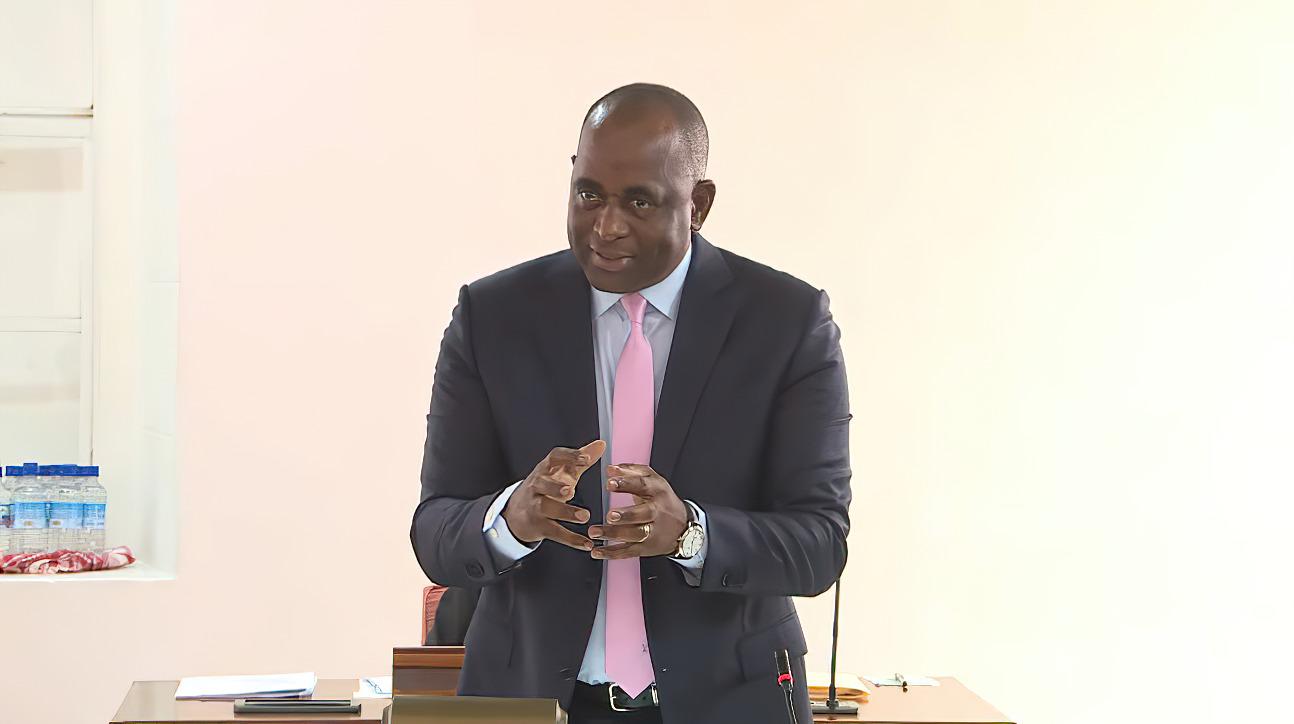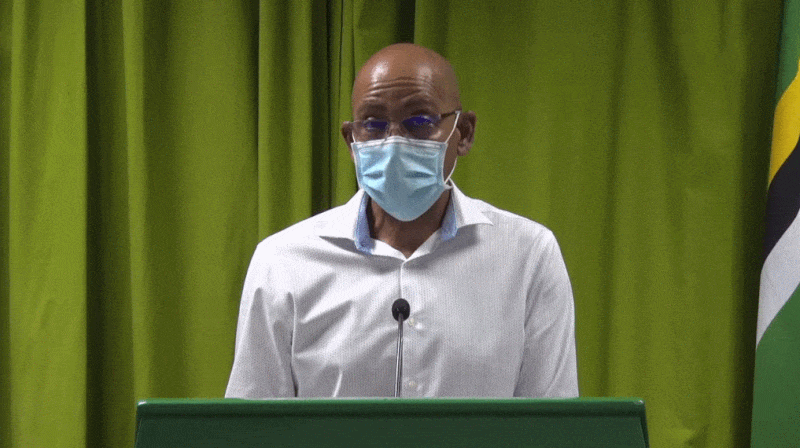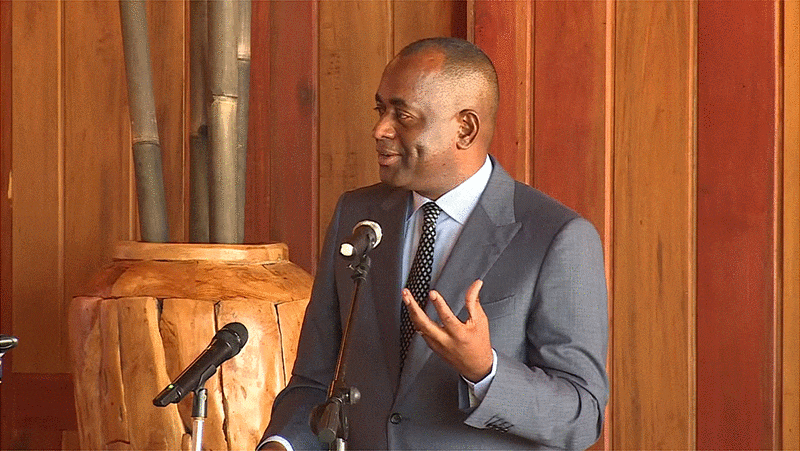
Govt Withdraws Fiscal Responsibility Bill – Skerrit Explains Why
The DLP government has withdrawn the Fiscal Responsibility Bill from being passed in parliament following a disagreement expressed by the opposition. PM Roosevelt Skerrit said he asked that the bill be withdrawn after a “deliberate and malicious” WhatsApp message sponsored by the opposition erroneously stated that the government is trying to reduce salaries by the legislation.
According to Skerrit, the opposition chose to antagonize and discredit the bill because they want to paint the government black. He explained that the proposed bill was created to guide and anchor the fiscal policy of the government with a view to setting up a transparent and accountable loan-based fiscal responsibility framework for the country.
He went on to blame the opposition for wrongfully misrepresenting the focus and language of the bill by incorrectly stating that it sought to limit civil servants’ salaries to no more than 2% in any year if the economy grows by a given rate, but no more than 1% if the economy does not grow by any given rates over the next 12 years.
The prime minister said the government chose to withdraw the bill after consultations with the Ministry of Finance to allow for detailed clarifications with the DPSU and members of the opposition. He said the temporal withdrawal of the bill and the subsequent consultations that will follow will enable the government to resolve any confusions spread by the enemies of the government.
We have taken the decision to stand down or withdraw the responsibility framework proposal to allow for further discussions with the unions on this matter, so that whatever confusion has [been] created will give us an opportunity to clarify with those representatives of the public servants..
However, he clarified that the 2% mentioned in the bill refers to the entire recurrent expenditure with no specific relations to wages or salaries. He revealed that the Eastern Caribbean Currency Union decided this year that its debt target of 60% of GDP by 2030 to 2035. Based on this, the cabinet resolved that appropriate measures be implemented to keep the rate of growth of recurrent expenditure at 2% when the GDP equals or exceeds 2% for any given year – but not lesser than 1% if the GDP growth is below the stipulated 2%.
Noting that wages and salaries are only a minor componet of recurrent expenditure, he said the Fiscal Responsibility Framework bill allows for salary increases and negotiations. He said it also accommodates the proposed job reclassification embarked upon by the government to increase remunerations among public workers.
He urged the opposition to quit misleading the public and causing unnecessary confusions but to seek official clarifications if they do not fully comprehend the provisions of a proposed bill.
This article is copyright © 2021 DOM767








